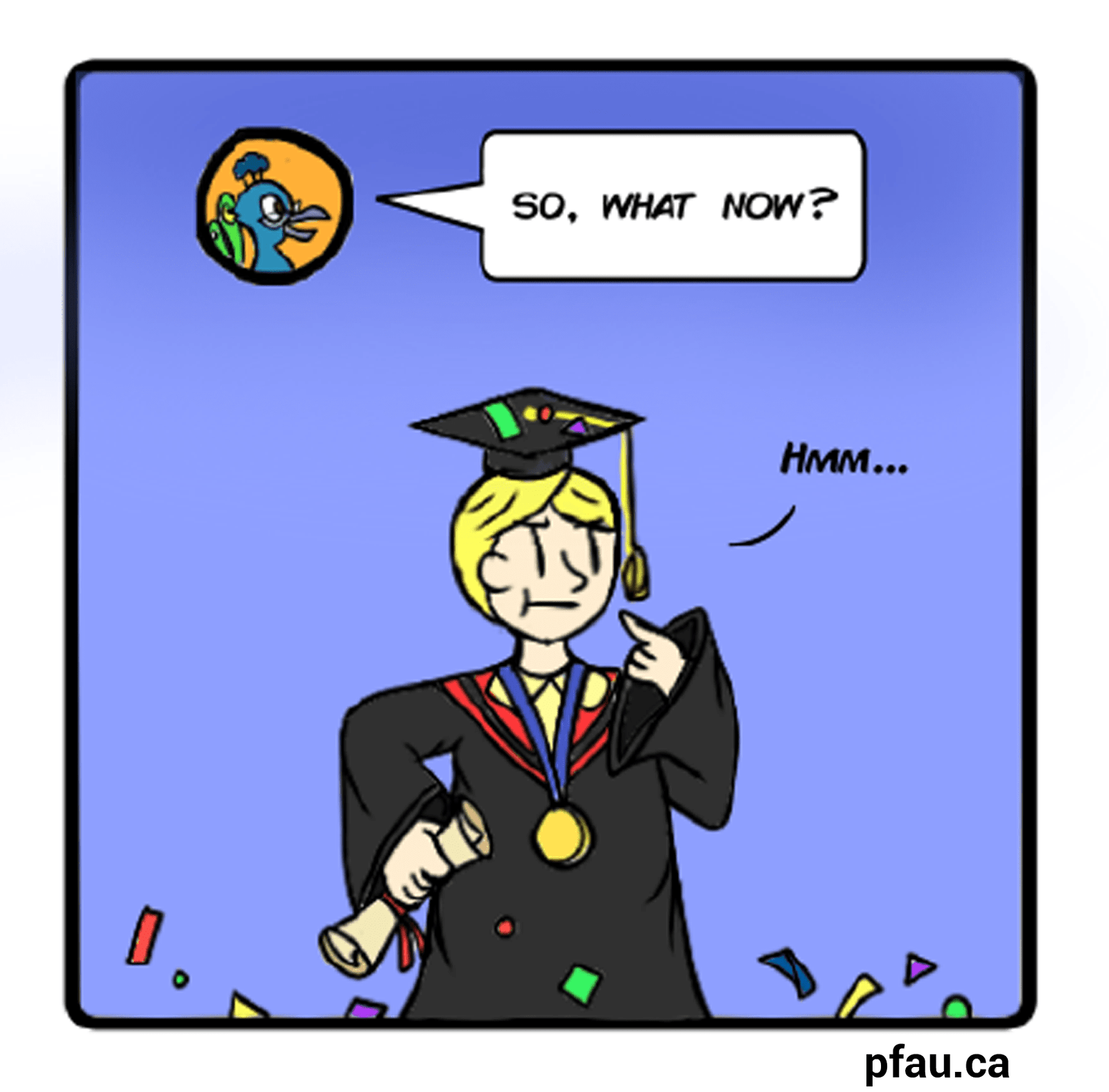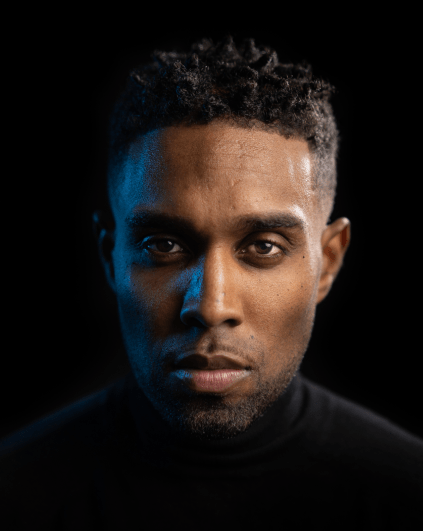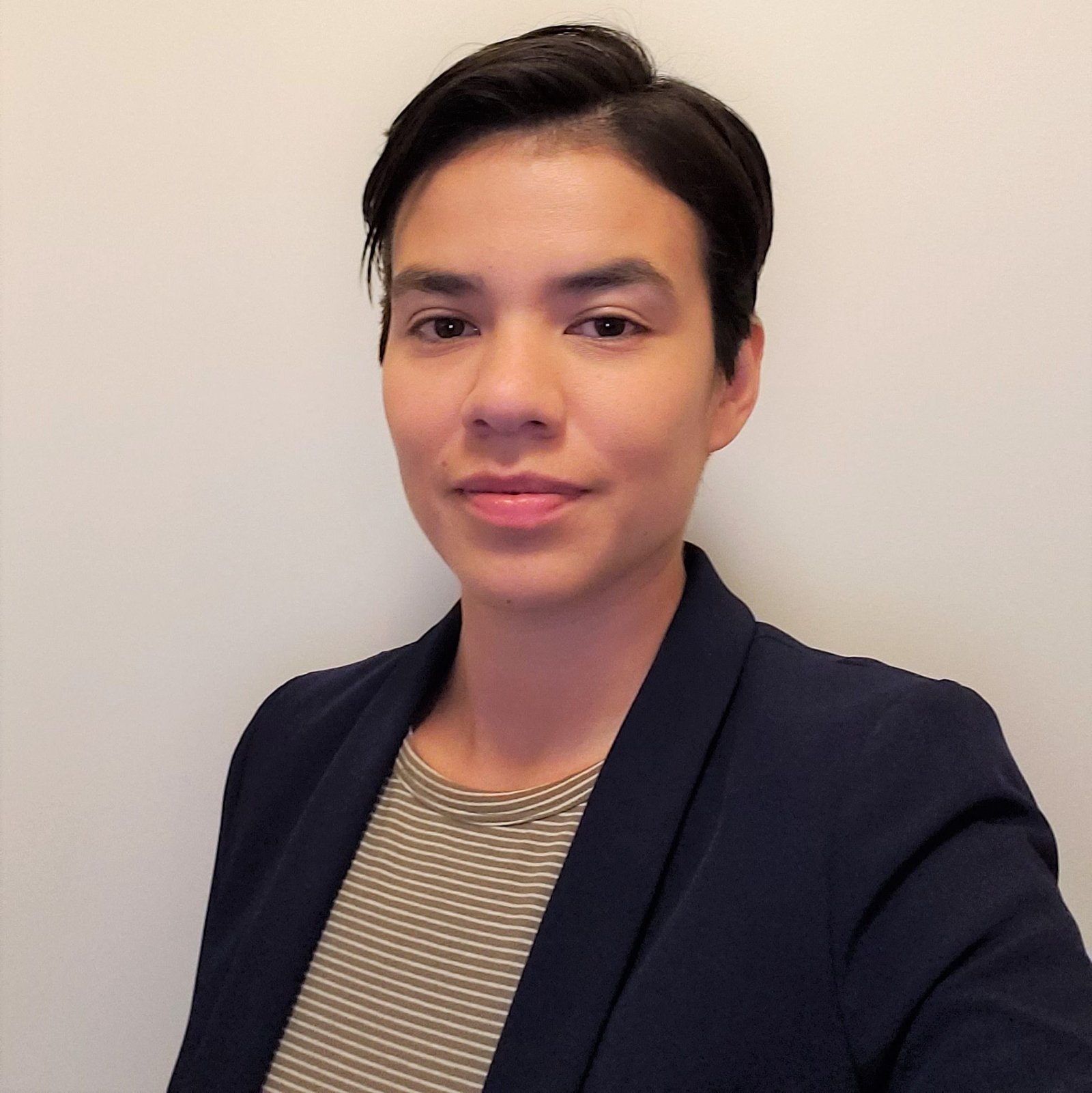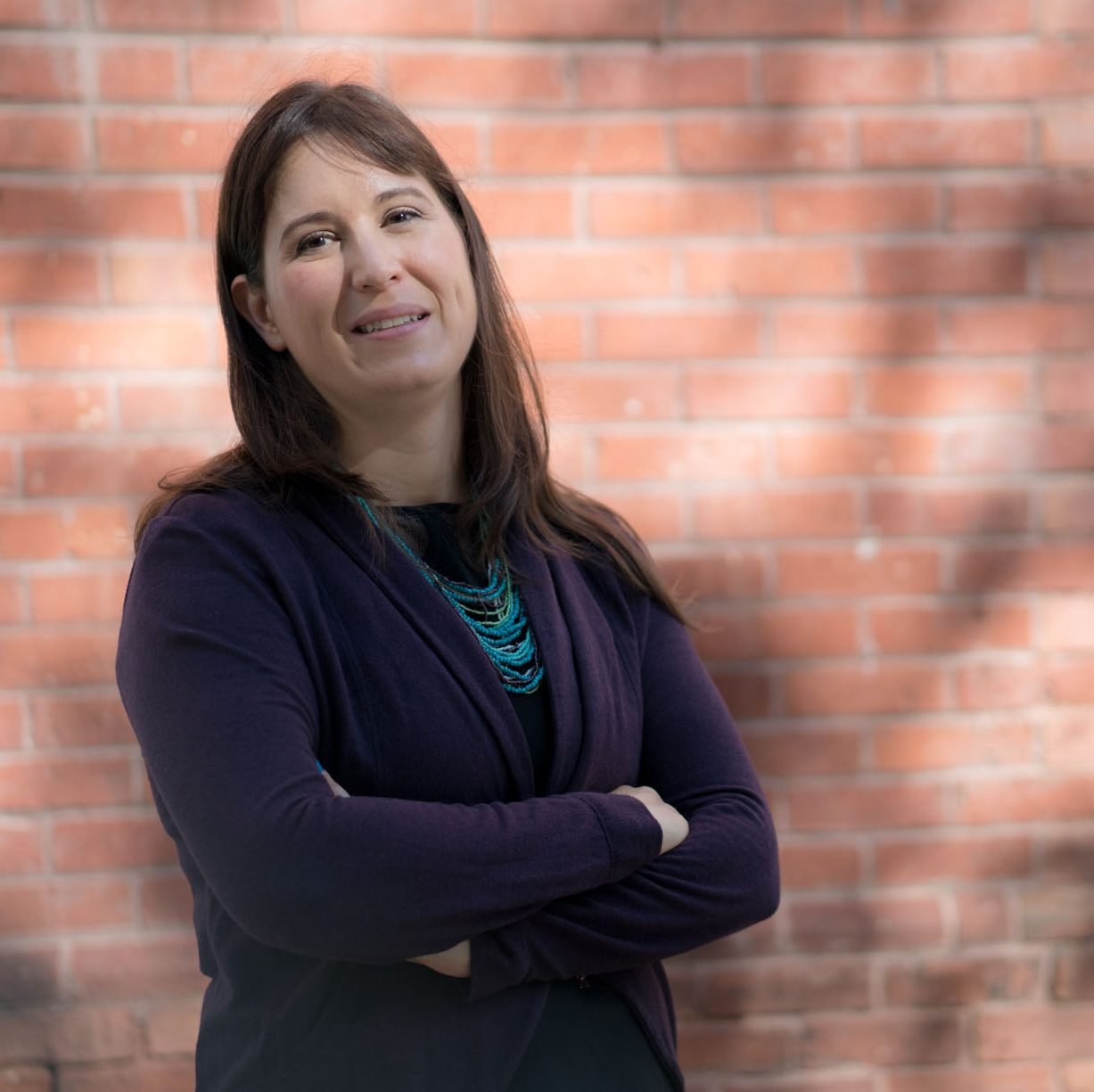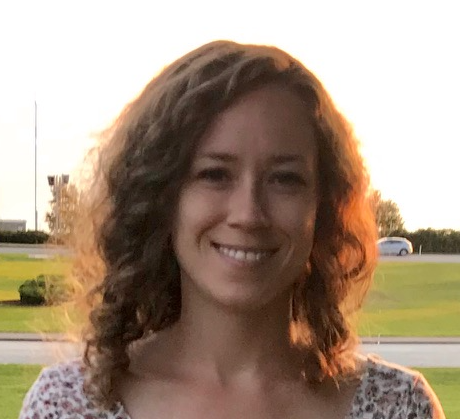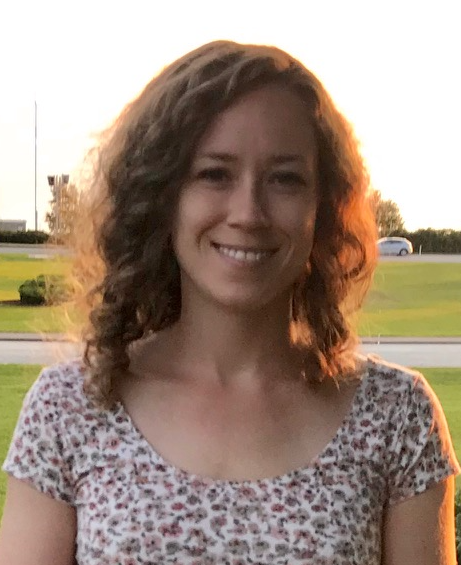We interview Megan Kee, the founder of 20/20 Arts, a non-profit organization dedicated to the production of innovative art projects that raise awareness, visibility, and fund for charitable organizations, about Starting a Non-Profit. This week’s episode is part of our Careers in the Arts series, where we talk to young professionals with Fine Arts or Liberal Arts degrees, who have established themselves in an interesting and fulfilling profession. Deciding what to do after university, especially with a degree like a Bachelor of Arts that is often general and does not prepare you for any specific profession, can be daunting. What most students don’t realize though is that your Arts degree has provided you with a variety of transferable skills, such as critical thinking, research, organization, and communication that can be applied to a number of different professions. We hope that through these interviews students will feel less overwhelmed and hopeful about their career options.
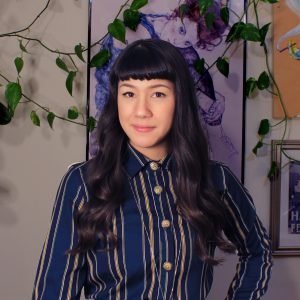
Megan has a Bachelor of Fine Arts from the Ontario College of Art and Design, as well as a Master of Art in Museum and Gallery Studies from Kingston University in London, England. She has over ten years of experience in the Fine Arts industry, including working as a Gallery Assistant at Lausberg Contemporary, Head Exhibition Designer at Quaycrafts, and Project Manager at Pursuit Inc. She is passionate about bringing people together over collective values, beliefs, and passions, amplifying the voices of charities/non-profits through the most powerful medium she knows of: ART.
_
It seems like you have a clear vision of who you are and who you want to be. How did you know what you wanted to do?
To be honest, I did not always know what I wanted to do or who I wanted to be. It was a journey of self-discovery and it took a lot of patience, consistency, practice, and time. When I was also a young adult, I had a lot of uncertainty about my future and I felt the need to have all the answers, but I just did not have them. I have been interested in art from a young age. It was the first thing that I was ever got good at, so I was able to gain satisfaction from art as it fulfilled me in a way that nothing else does. I always knew that I want to work in the Arts field; however, it took me several years to figure out what that work would be. I initially wanted to be an art practitioner and a painter. I also had interests in becoming a tattoo artist, but it did not really necessarily pan out as I planned. I tried out different types of work and slowly gained more experience and built my resume. The various experiences helped with my process of self-discovery and developing my passions. Through starting my own exhibitions and working on my different projects, I figured out what I enjoy. Eventually, I quit my full-time job, built a team, and started my own non-profit organization.
What traits would you say someone needs to do something like start and run a non-profit organization?
Our organization is slightly different from traditional non-profits as we strive to educate, inform, and inspire audiences to challenge the stigma associated with mental health, homelessness, and addiction instead of building a shelter to help people on the front lines. For me, the key is to figure out exactly how we add value, which has been a very long and arduous process. I think building a base of concepts and proving their value is critical for non-profit organizations. You should be able to recognize the target demographic and critical feedback to learn from people’s responses. The feedback is from both the community that you are trying to serve, as well as the donors or sponsors that you are trying to get funding from.
Good communication is also crucial. You need to be able to communicate your organization’s values. What is your pitch? If you were to sell somebody on your idea in two minutes or less, can you do it? It has taken a long time for me to be able to build that and I think I am still working through it. It can be such a terrifying thing to put your heart and soul out there for everybody to criticize and possibly provide feedback on. If they do not like it, you may start to have internalized fears and doubts about yourself. However, I think as long as you build yourself up and recognize that your value is not reliant on somebody else’s opinion, rather, your value comes from within then everything else is secondary.
Running a non-profit is no easy task. What do you do to establish a clear work-life balance and prevent burnout?
I think a work-life balance really comes from listening to yourself and getting to know how the things in your environment impact you. I schedule time in my life for my work and myself, and I make the time for myself non-negotiable. For example, one of the things that I do now is on Wednesdays, no matter how important the person or the call is, I will not schedule a call on that day. I allow Wednesdays, which is in the middle of the week, to take time off if I need it. Sometimes I will work through a full Wednesday focused on my work with no calls or emails because it gives me a moment in the middle of my week to reflect on how I feel. I would ask myself: “do I feel like I’m mentally okay?” Sometimes I take the full Wednesday off if I feel that I really need that time off. It is just about listening intuitively to yourself. There are times in your life when work is going to demand more of you. There are also times when the family is going to take priority over work. So, even though I try to maintain this work-life balance, I think life is always going to dictate otherwise and you just need to be responsive when those things happen. I believe that the more that you can make time for yourself, the better you are going to be at work; and, the more focused you are going to be at work, the better you are able to show up for the people in your life.
What lessons have you learned over the years that you think have helped to become a more confident leader and role model for other young women?
I would say that I am fairly confident now, but I think that comes from just having a sense of value within myself and feeling like I have value. I understand that it is a long process for a lot of people. I think one key lesson I learned is to spend more time with myself and try all kinds of different things. I think confidence really comes from self-love. You should take time to appreciate yourself as we often let negative thought patterns repeat themselves. I recognized that when I started meditating. I was totally unaware of it before. Over time, you start to value yourself, and the more you value yourself, the more confidence you are going to have. As a result, even if someone may try to talk down to me, belittle me, or make me feel less, I can respond confidently say: “No, thank you, this isn’t for me.” You should build a sense of self-worth and have enough belief in yourself, your abilities, and your value as an individual that other opinions don’t bring you down. Also, it is important to recognize that not everybody needs to like you and that is okay. You should not allow the opinions of other people to dictate your own self-worth or value.
Recommended Books and Resources
Grit: The Power of Passion and Perseverance by Angela Duckworth
Atomic Habits: An Easy & Proven Way to Build Good Habits & Break Bad Ones by James Clear
Thank you, Megan, for sharing the excellent advice with us and our readers!
_
_
Missed the podcast? Listen here:
_
_
For more advice about writing, check out our weekly podcast or subscribe to our monthly newsletter.
_
To get more help with your assignments, book a 20 minute discovery session with us and start your journey to reaching your full potential on the page, and in life.
Both the written, visual, audio, and audiovisual content of this post has been created by and is the intellectual property of Lisa Pfau and PFAU Academic Writing. Please do not replicate any of the above content without our consent. However, please do feel free to share this post and its authorship widely.


